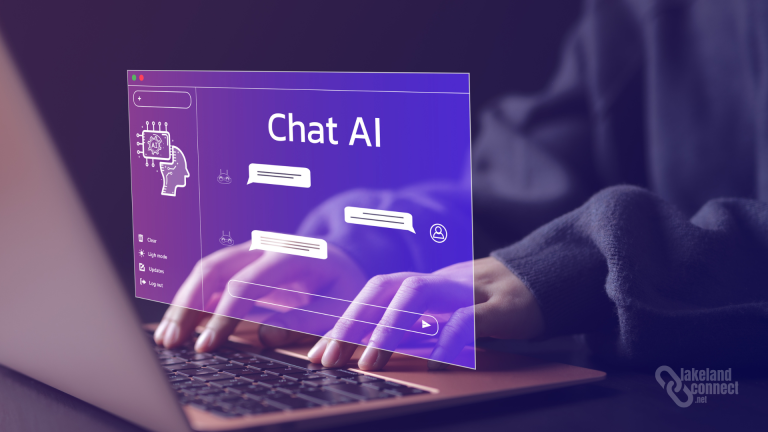Artificial Intelligence (AI) is now integrated into our daily activities, impacting how we live and interact with others. Continuous improvements in AI technology are expected to completely change the way people go about their daily tasks.
Smart Home: AI-Powered Living Spaces
A clear example of AI in everyday life, smart home technology includes devices such as smart speakers, thermostats, and lighting systems designed to increase comfort and save energy. In the future, we will see more intelligent devices such as refrigerators that manage their contents and security systems that detect and respond to threats.
Imagine living in a home where AI can adjust the temperature to suit your preferences, brew your coffee, and plan your day. Such an AI-based environment not only saves time, but also reduces energy consumption, improves security, and ensures a comfortable living environment for people.
Entertainment and Leisure: Personalized Experiences
The entertainment industry is already using AI to provide personalized and engaging experiences: companies like Netflix and Spotify have implemented recommendation algorithms based on artificial intelligence that analyze what content each user likes most, but this is just the beginning.
AI can analyze a user's mood, situation, and preferences to curate customized entertainment options, from movies and music to virtual reality experiences. Interactive AI-driven games, applications, and chatbots like EDEN AI provide immersive experiences tailored to individual interests, making leisure time more fun and fulfilling.
Personal Assistants: Beyond Simple Tasks
AI-powered personal assistants like Siri, Alexa, and Google Assistant have become an indispensable part of many homes. These assistants help in many ways, such as setting reminders, playing music, providing weather forecasts, etc. As AI continues to evolve, we expect these agents to evolve from performing basic tasks to becoming intelligent supervisors capable of managing more complex daily routines.
Future personal assistants will be able to predict users' needs, provide personalized recommendations, and even assist with complex decision-making processes. For example, an AI assistant could suggest the best time to workout based on a user's schedule, track health metrics, and offer customized advice on nutrition and wellness.
Healthcare: AI for better health management
Artificial intelligence is poised to transform the healthcare industry through accurate diagnoses, personalized treatment plans, and efficient patient care. AI-powered wearable devices can monitor vital signs in real time and alert users and healthcare providers to health issues before they become serious.
In the future, artificial intelligence may enable remote medical consultations, with virtual doctors providing diagnoses and prescriptions without the need for a face-to-face consultation. Additionally, AI can study data within the medical sector to identify patterns, predict problems, and support enhanced preventative measures.
Education: Customized Learning Paths
AI has the potential to transform education by creating tailored learning experiences for students. AI-powered education platforms can assess students' strengths and weaknesses and tailor lessons to suit their learning style and pace.
In the future, AI instructors will be able to provide one-on-one instruction, address individual learning needs, and offer real-time feedback. This personalized approach will increase the effectiveness of education, making it more accessible and engaging for learners of all ages.
Ethical and social implications
While the use of AI in everyday life is beneficial, there are also ethical and societal issues that cannot be ignored. Issues such as data privacy, security, and potential employment replacement must be addressed to ensure that artificial intelligence is used fairly and appropriately.
Addressing these challenges effectively requires transparent and inclusive policies that foster ongoing interaction between technical experts, policymakers, and society, so that we can maximize the benefits of AI and minimize its potential harms.
A future lifestyle integrated with AI will guarantee improved experiences characterized by ease of use, efficiency and customizability. The development of many aspects of life, such as smart homes, personal assistance and the health sector, will depend heavily on artificial intelligence. It is important to take into account moral and social issues as we navigate these developments, so that we can build an artificial intelligence society that serves the whole of humanity. The adoption of an AI-driven lifestyle is still in its infancy, and there is a lot that can be achieved.

